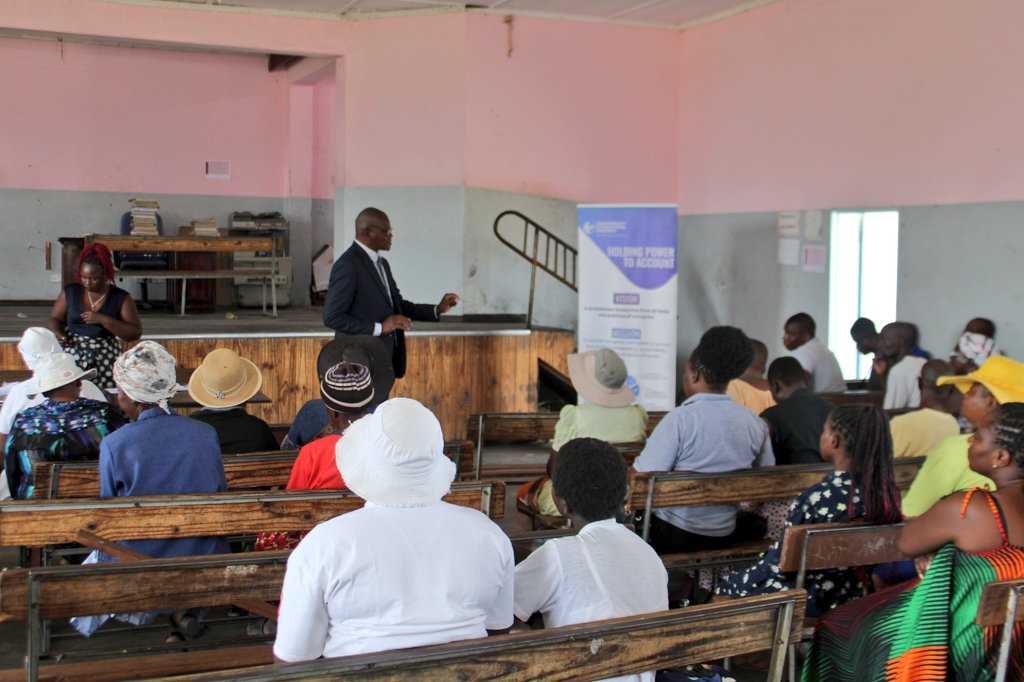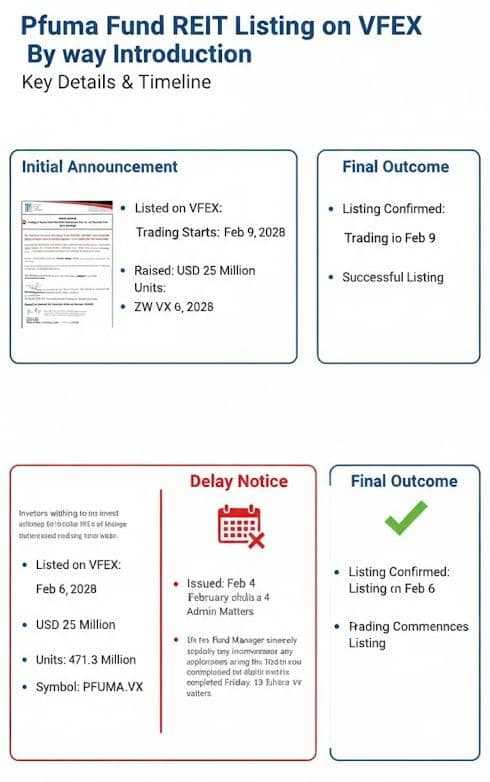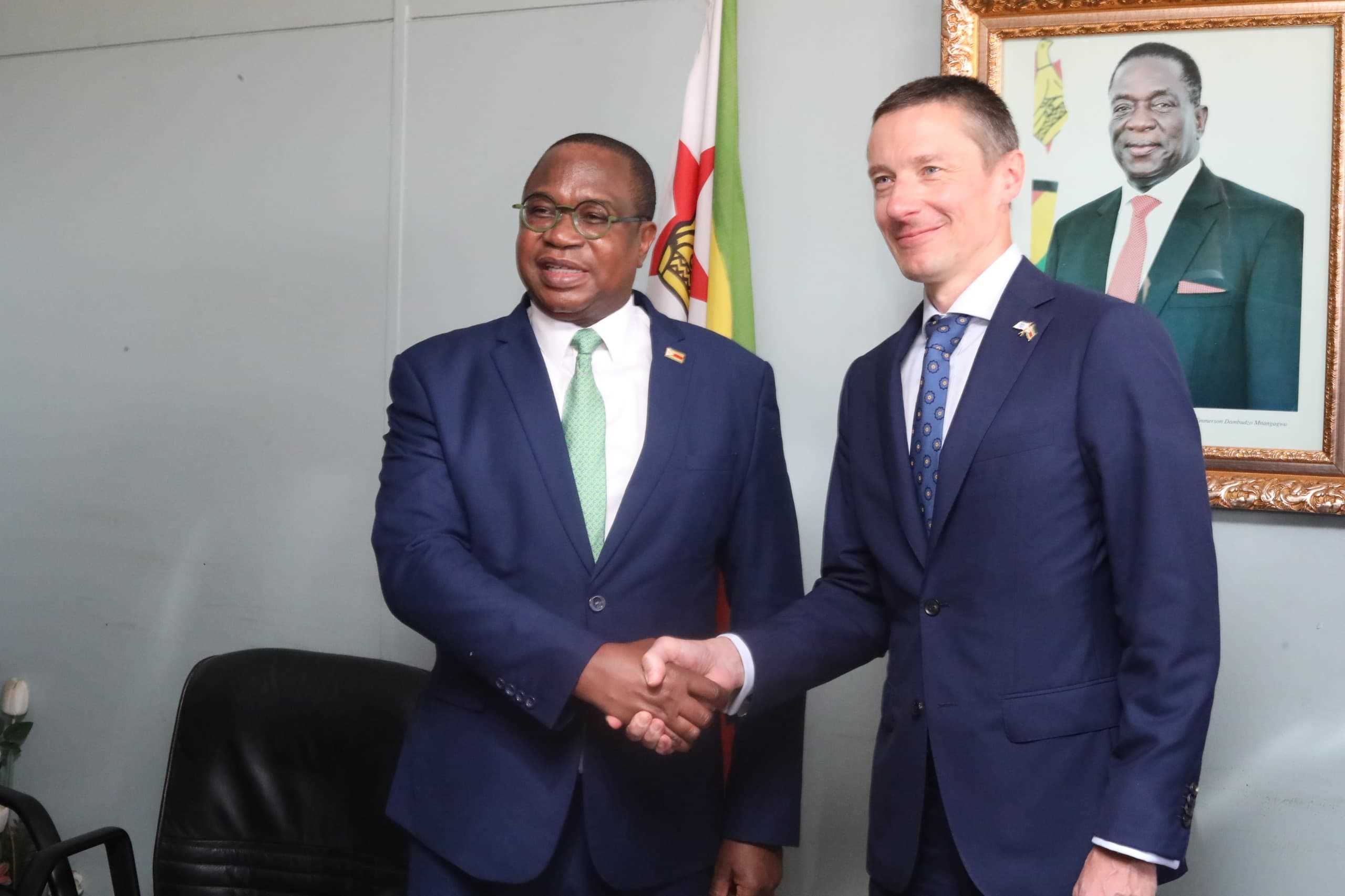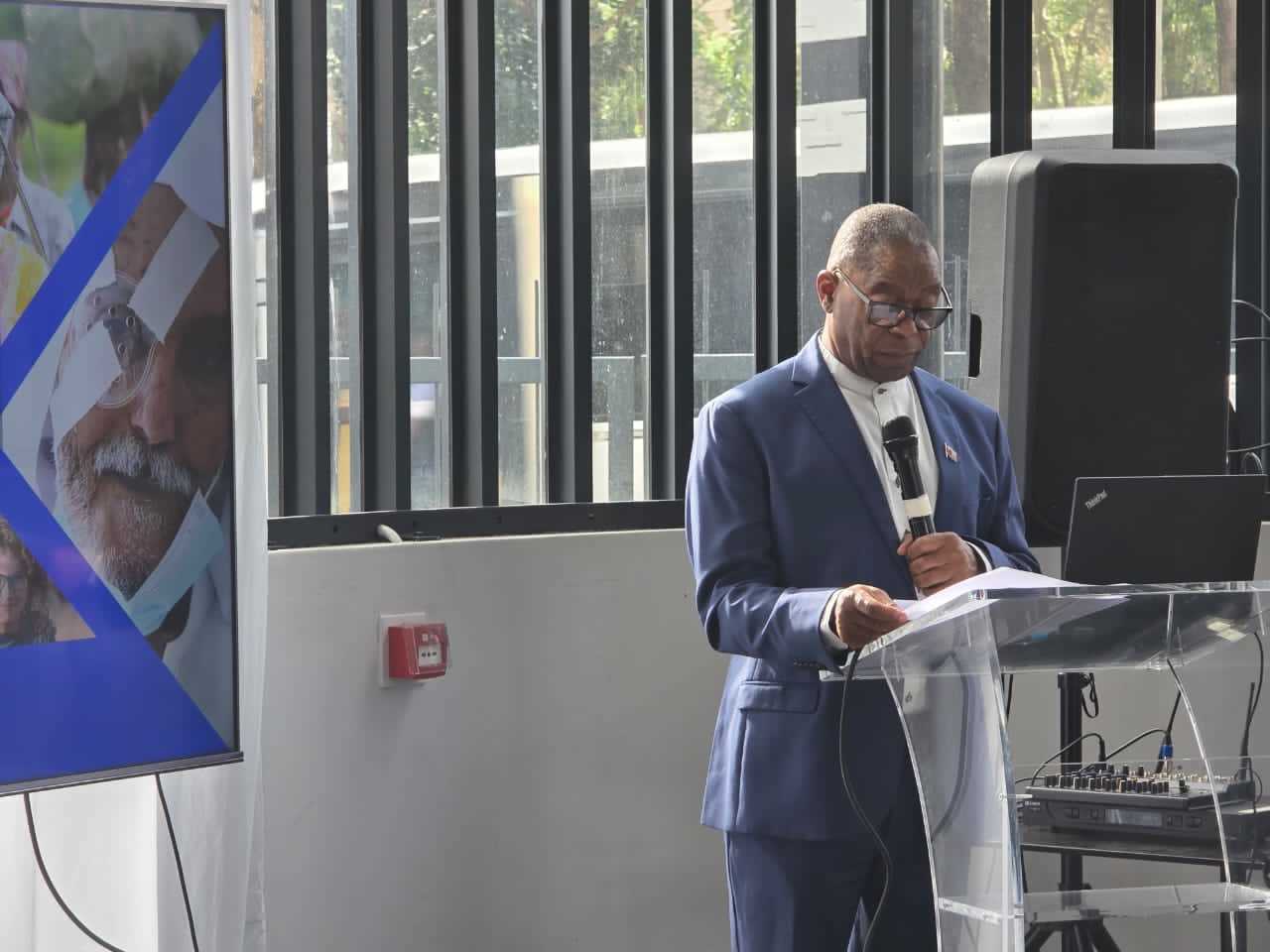
The National Association of Non-Governmental Organizations has called for stronger localization of development and humanitarian work in Zimbabwe, emphasizing the need to shift power, resources, and decision-making closer to communities most affected by crises and poverty.
In a new advocacy campaign themed “Shifting the Power for Sustainable Development,” NANGO said true impact can only be achieved when local voices lead the way. The organisation is urging both local and international development actors to embrace localization as a strategy to promote equity, ownership, and resilience in community-driven initiatives.
“Localization is more than participation — it’s about leadership, ownership, and equity,” NANGO said in a statement. “By empowering local and national actors in humanitarian, development, and peace-building efforts, we move closer to sustainable, community-driven transformation.”
Related Stories
The association outlined four key pillars for achieving localization: promoting local leadership in decision-making, fostering equitable partnerships built on mutual respect and accountability, ensuring direct and flexible funding for local organisations, and strengthening institutional and human capacity within communities.
NANGO’s campaign aligns with global frameworks such as the Charter for Change (2015), the Grand Bargain (2016), and the OECD DAC Recommendation (2021) — all of which advocate for increased support, transparency, and funding for local actors.
The organisation is also calling on Zimbabwean civil society and community-based organisations to take the lead by strengthening their operational capacities, tracking progress under global localization commitments, and engaging in policy platforms that advance inclusive development.
As the umbrella body representing over 1,000 NGOs in Zimbabwe, NANGO said it remains committed to promoting locally led development that puts communities at the heart of decision-making, resource control, and sustainable change.
“Together we can build resilient, inclusive, and sustainable communities across Zimbabwe,” the statement added.



















Leave Comments